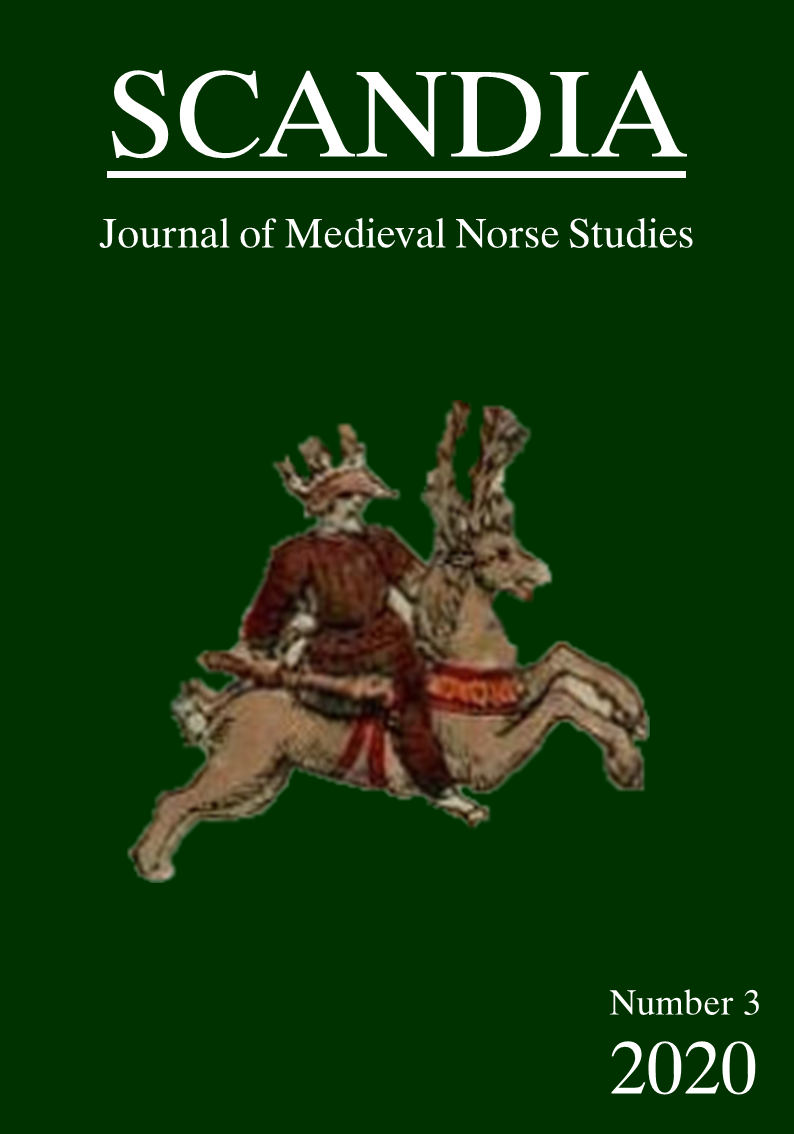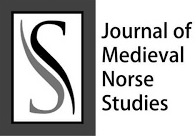RELIGIOSIDADE NÓRDICA POR MEIO DE UM OLHAR VITORIANO: THE FOLK OF THE MOUNTAIN DOOR (O POVO DO SOPÉ DA MONTANHA), DE WILLIAM MORRIS, 1914.
Abstract
This article presents a translation of the short story called The Folk of the Mountain Door (1914), written by William Morris at the end of his life. A romantic English writer from the Victorian period, Morris studied Old Norse and the sagas with his Icelandic friend Eiríkr Magnússon, producing translations of the sagas and his own literary works influenced by Norse mythology. The text translated here deals with one of his works written with the influence of Norse studies, particularly concerning the religiousness and community aspects of the Viking Age (793-1066 AD); in this sense, the text narrates the coming of two mysterious elders to the feast-hall during the Name-day of the king’s son, as well as the enigmatic message brought by these visitors. A translation that could be as close as possible to the original text was chosen, thus replicating, in the Portuguese language, William Morris’s unique style.
Keywords: William Morris; Norse religiousness; Icelandic sagas; community.
Downloads
Downloads
Published
Issue
Section
License
The author (s) of the original submitted undertake to comply with the following:
- All authors are publicly responsible for it.
- The authors claim that this original is their own and that they assume full responsibility to third parties, whether moral or patrimonial, by reason of its content, stating that the work does not infringe any intellectual property rights of third parties.
- The author (s) agree to the copyrights of the original to Scandia Journal, to which they grant permission for its reproduction, editing and online publication.
- The author (s) grant their copyright of their original to the Scandia Journal, licensed under the Creative Commons Attribution License, which allows the sharing of this work with the acknowledgment of their authorship.
- The author (s) have permission and are encouraged to cite and distribute their original.



